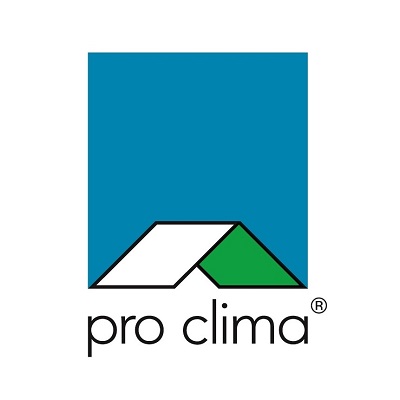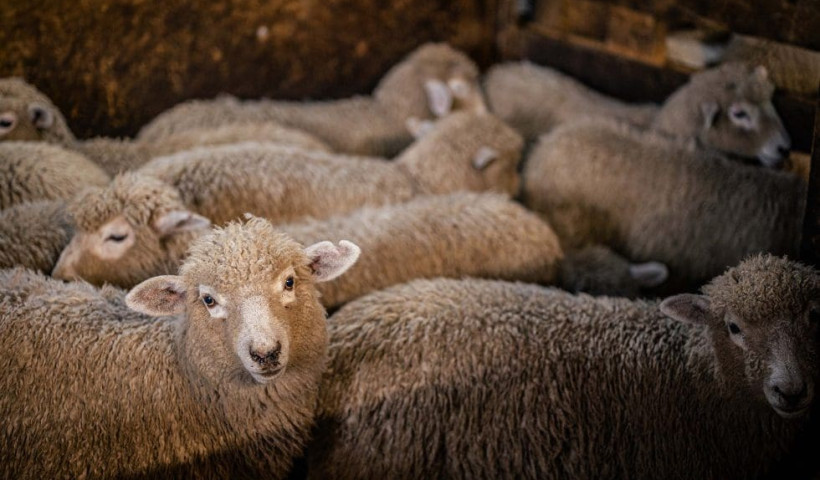
"We met with Terra Lana and really liked what they were doing in wool innovation," says Banks Peninsula Farms’ Chairman Chris Chamberlain. "They wanted to buy local to get a very tight supply chain with a low carbon footprint."
Representing some 40 farms, the collective aim to create a close connection between farms and the end users of the product. "Most wool growers do not have a connection to where their wool goes. Working with Terra Lana got us thinking about what the manufacturers’ requirements were. We could then provide wool to their specification."
For Terra Lana, Banks Peninsula Farms’ traceability and transparency represent product stewardship of the highest standard, with less than an hour’s drive from farm to their zero-waste manufacturing plant.
Keeping farms sustainable and productive
"These are multi-generational farming families using truly regenerative all-grass farming methods that touch the land lightly," says Chris. "Employing sustainable farming practices will ensure that Banks Peninsula is kept beautiful and productive for generations to come."
Banks Peninsula Farms run predominately Romney sheep that produce a superior-quality strong wool, enabling them to sell top-end fleece wool for export, while supplying Terra Lana with their strong-grade specified wools.
Strong wool is an excellent fibre for insulation, bringing the advantages of its hygroscopic (moisture-wicking) properties to wrap buildings in effectively large wool blankets to keep the warmth in during winter and insulate from the heat in summer.
"Wool is a 100% natural product that is moisture resistant," says Chris. "It can conserve heat, yet it keeps you cool as well. It’s an incredible product – and it’s New Zealand grown."
Bringing back demand for a primary NZ product
With synthetic fibres replacing wool in many applications, initiatives like this are working to rejuvenate the industry — finding new ways to use wool in local applications to increase the demand and value of wool as a resource. In 2023, Terra Lana launched DagMat landscaping textiles, literally repurposing sheep dags. Acres of the product are now being laid on council roading and civil projects around the country.
Traceability and transparency add competitive advantage in the eyes of local and overseas markets, and give stakeholders confidence in the ethical, local source of their wool.
Written by: Folio












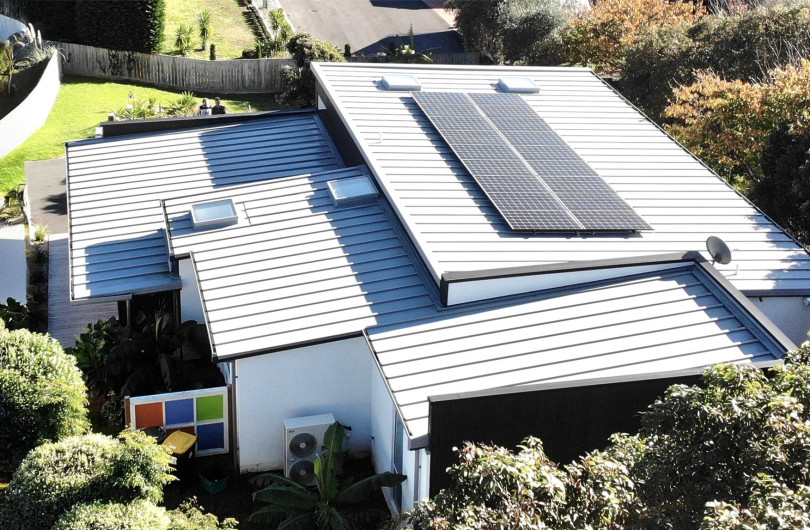
 New Products
New Products


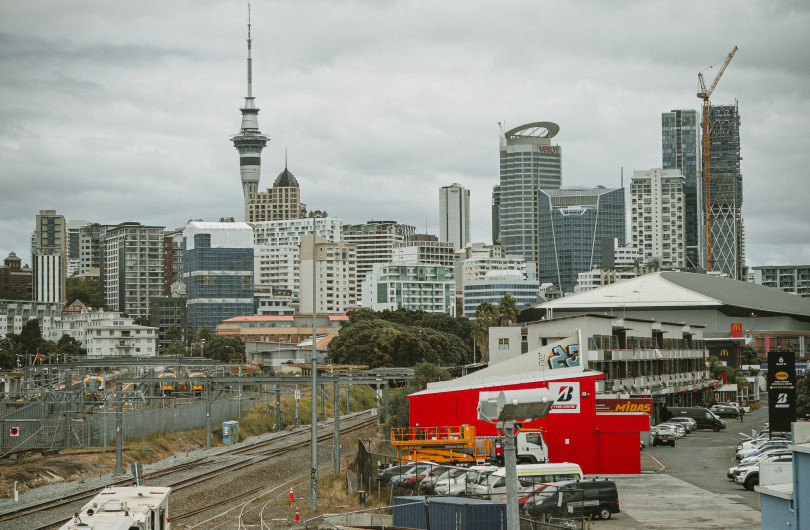

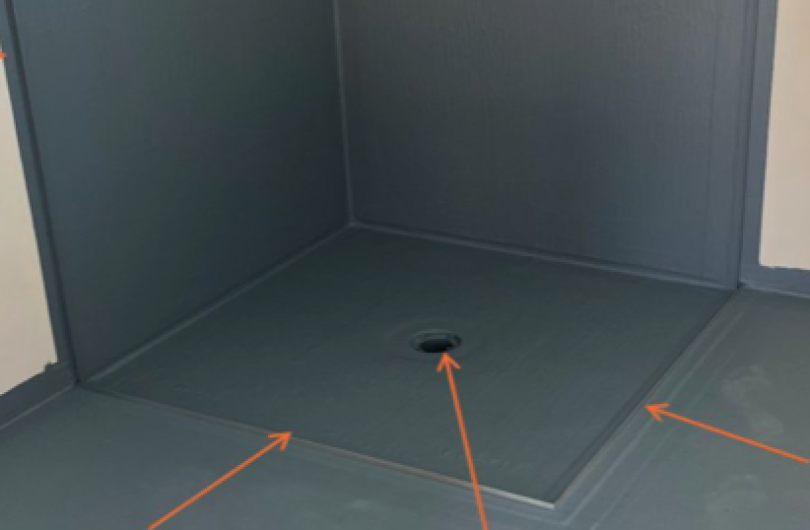




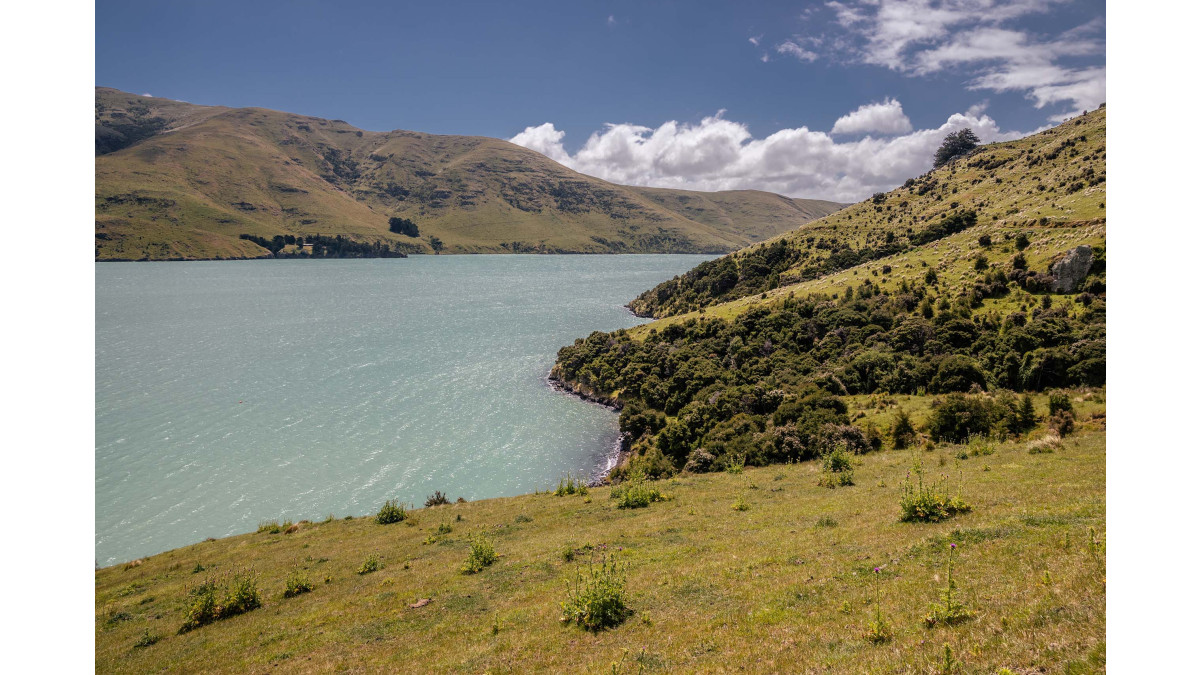
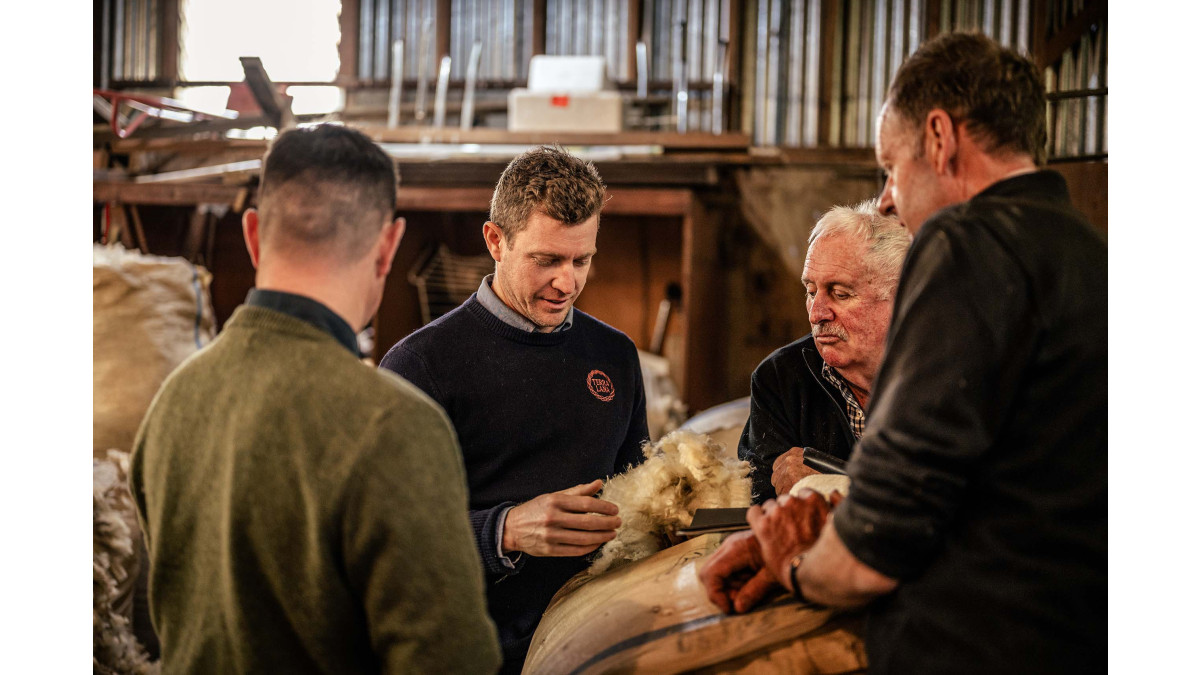
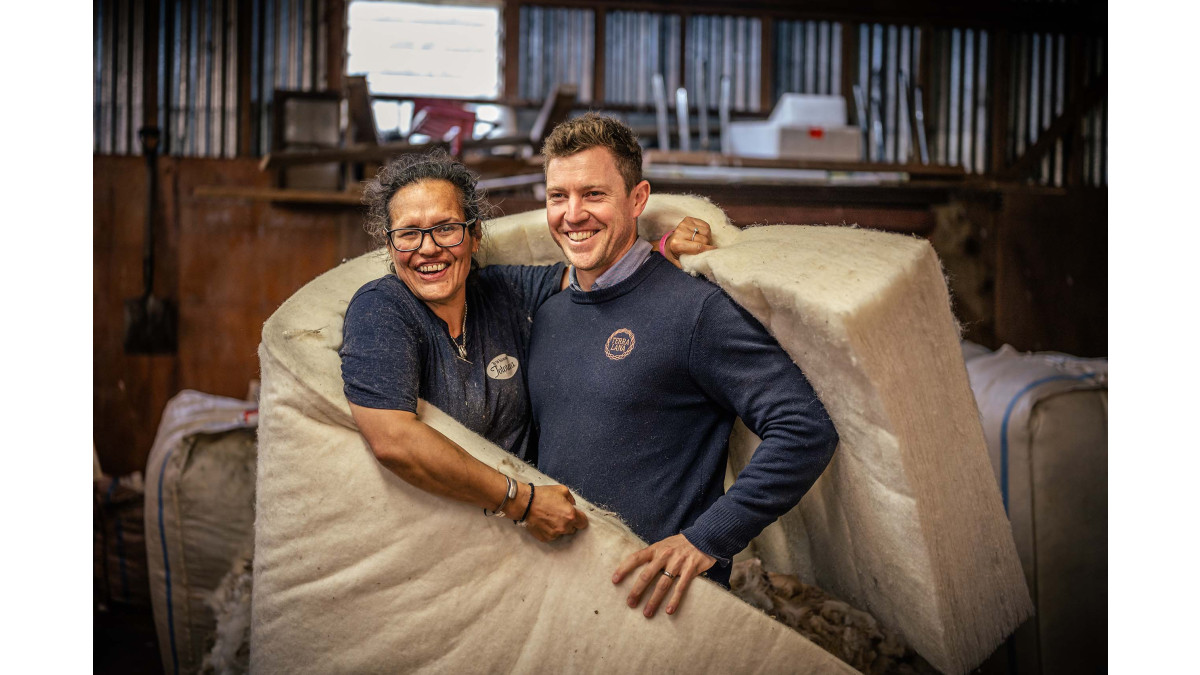
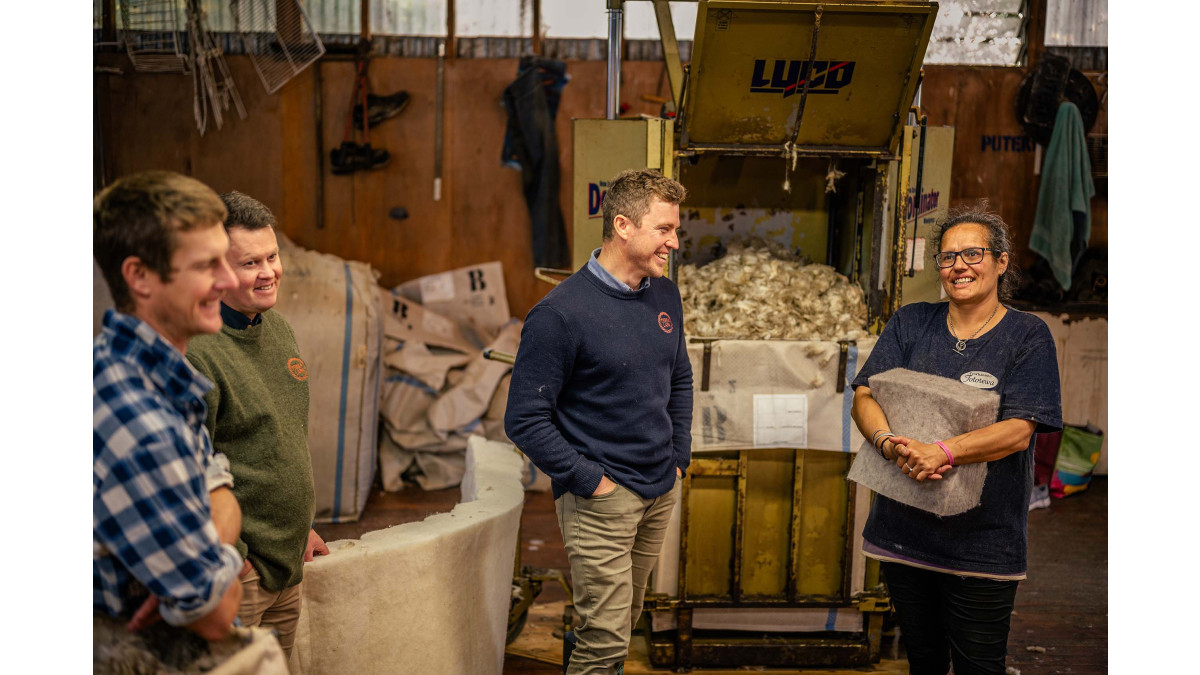
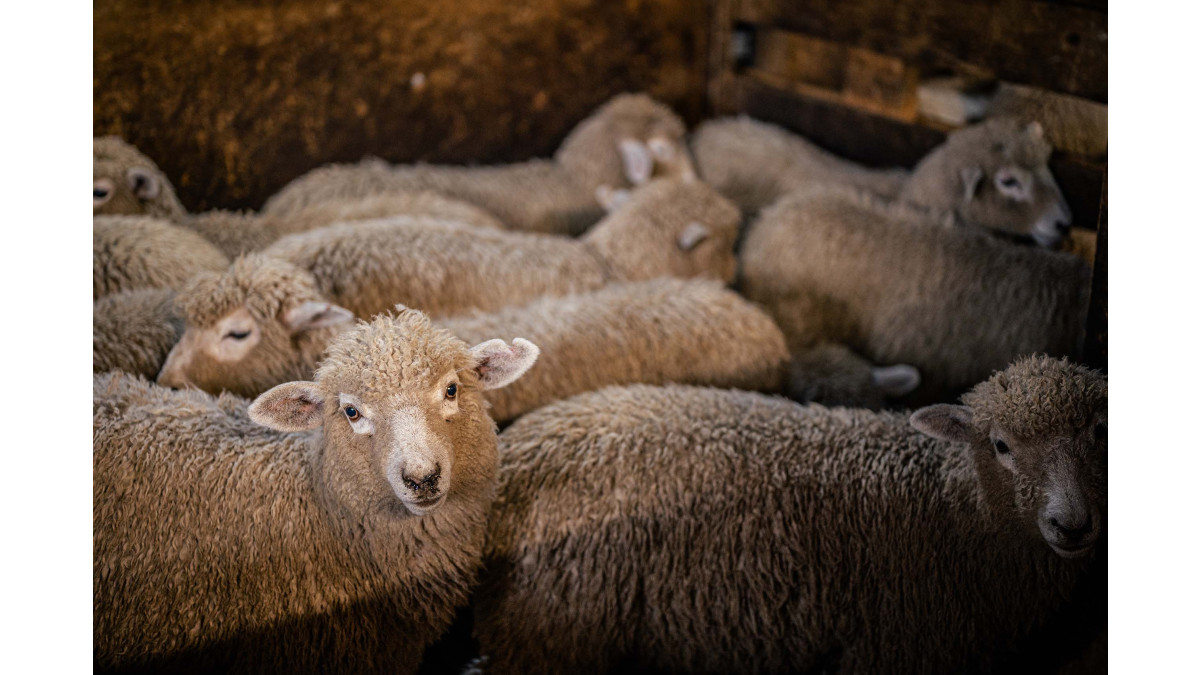
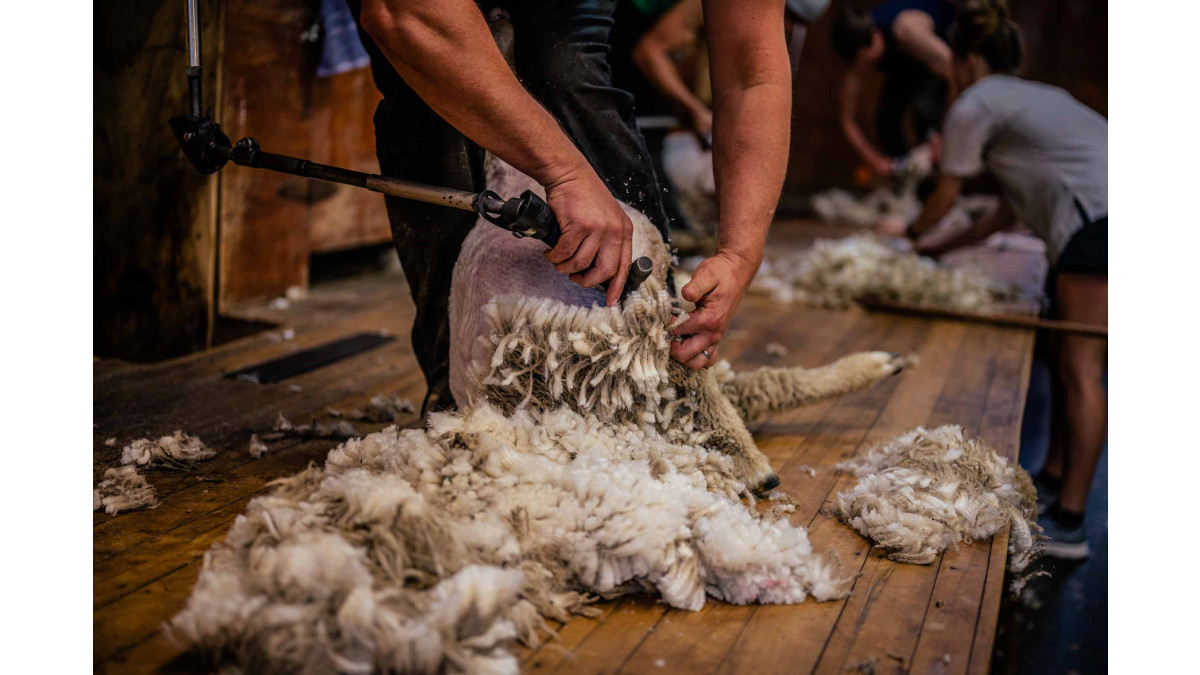


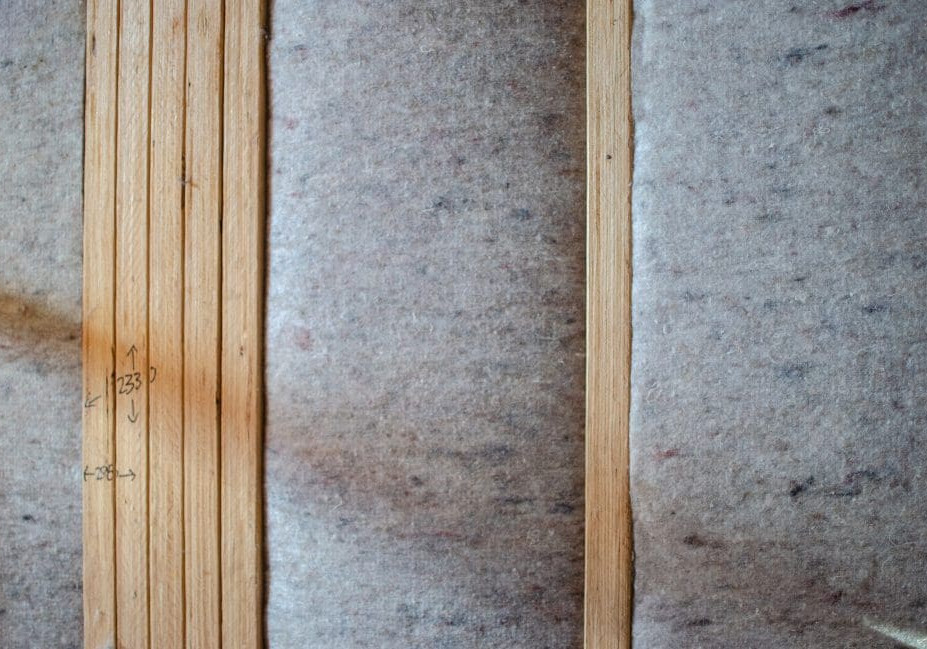
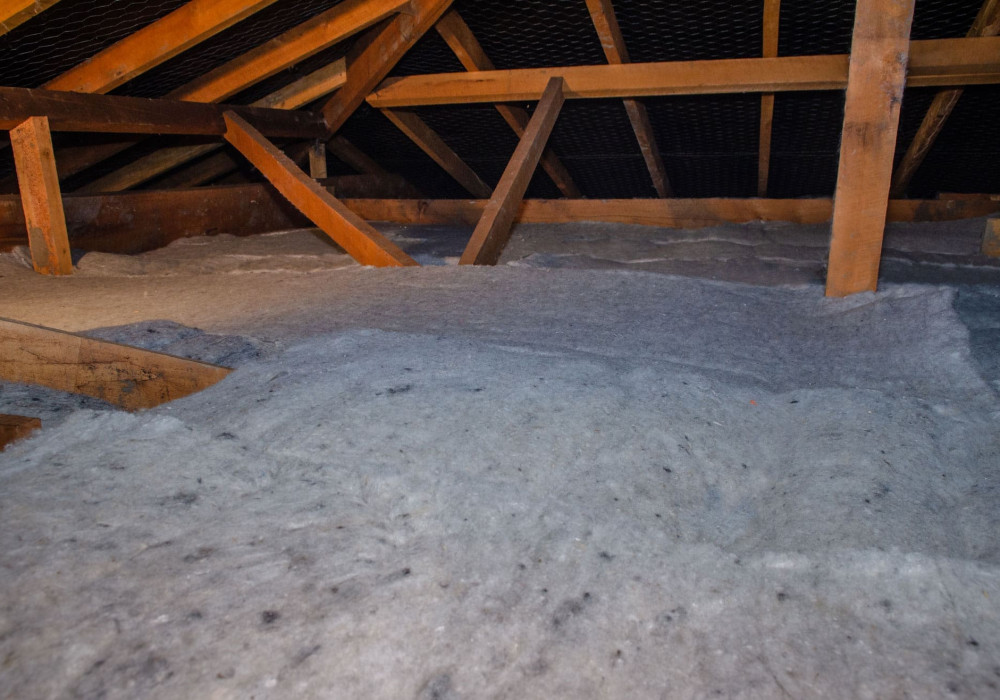
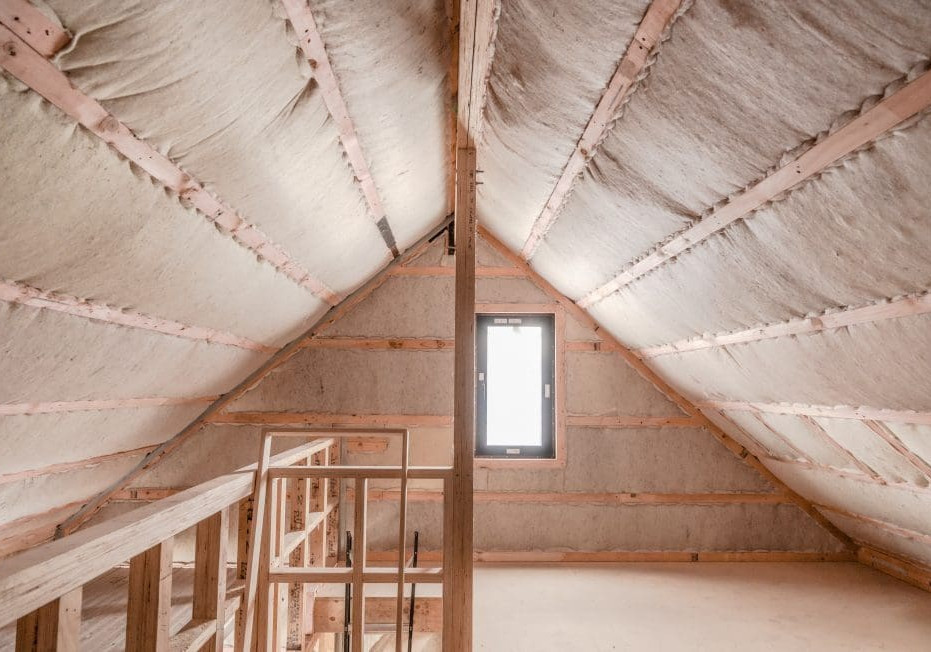
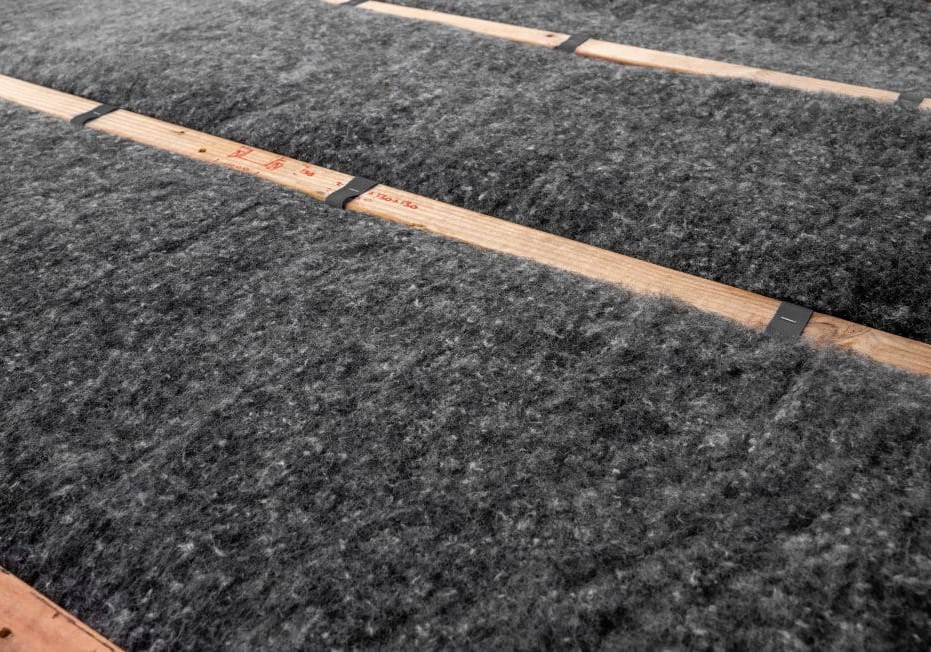
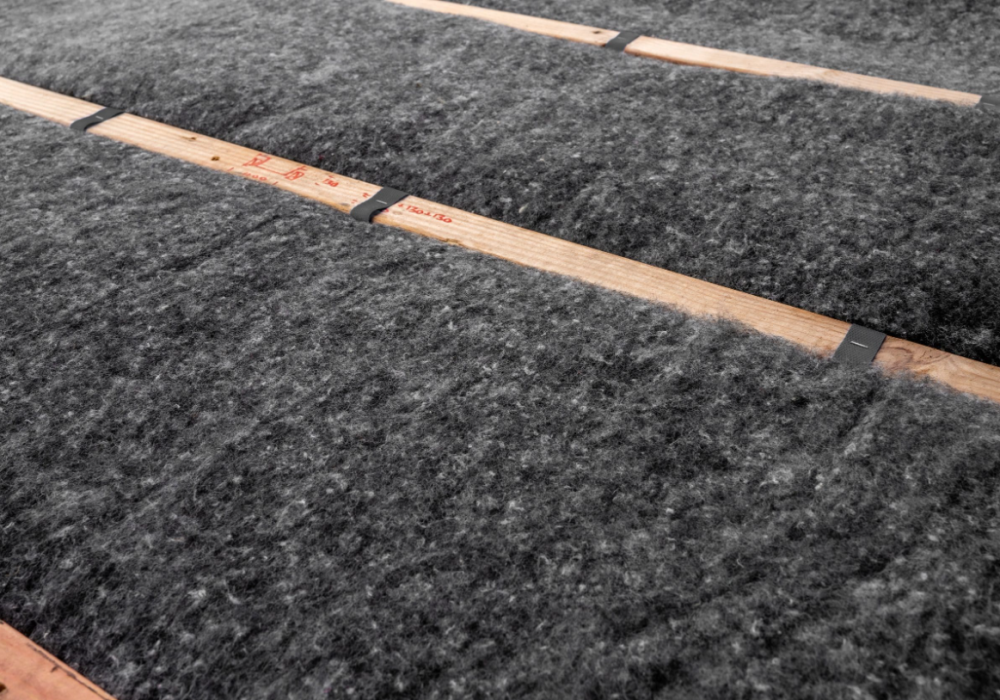
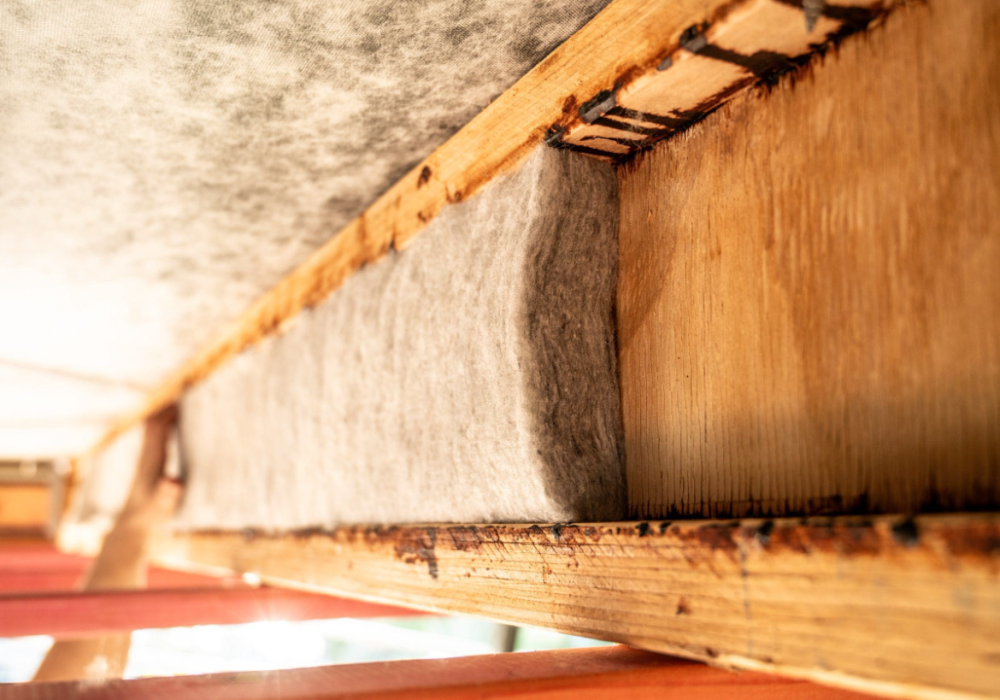
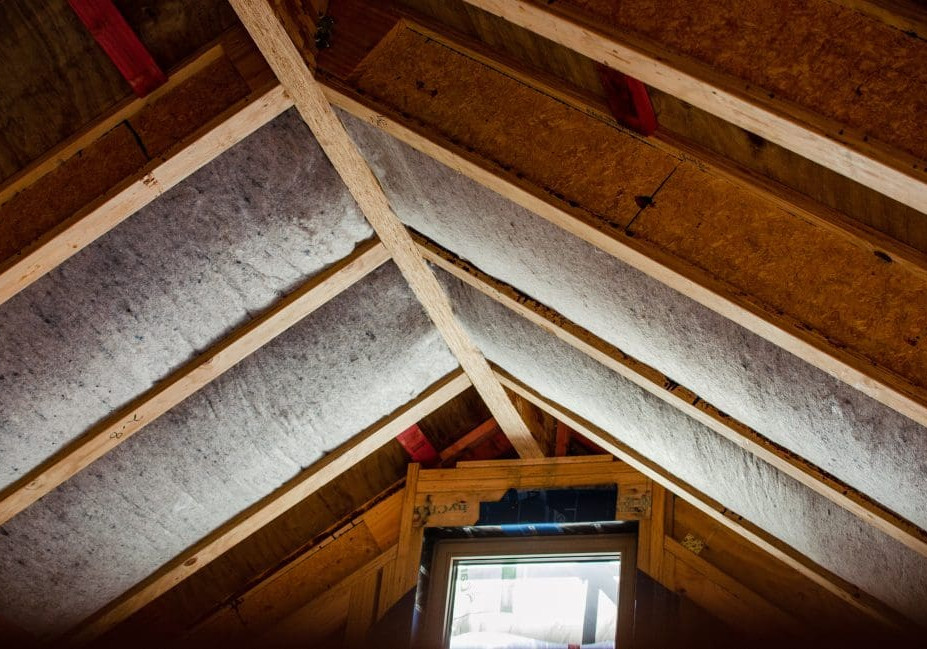
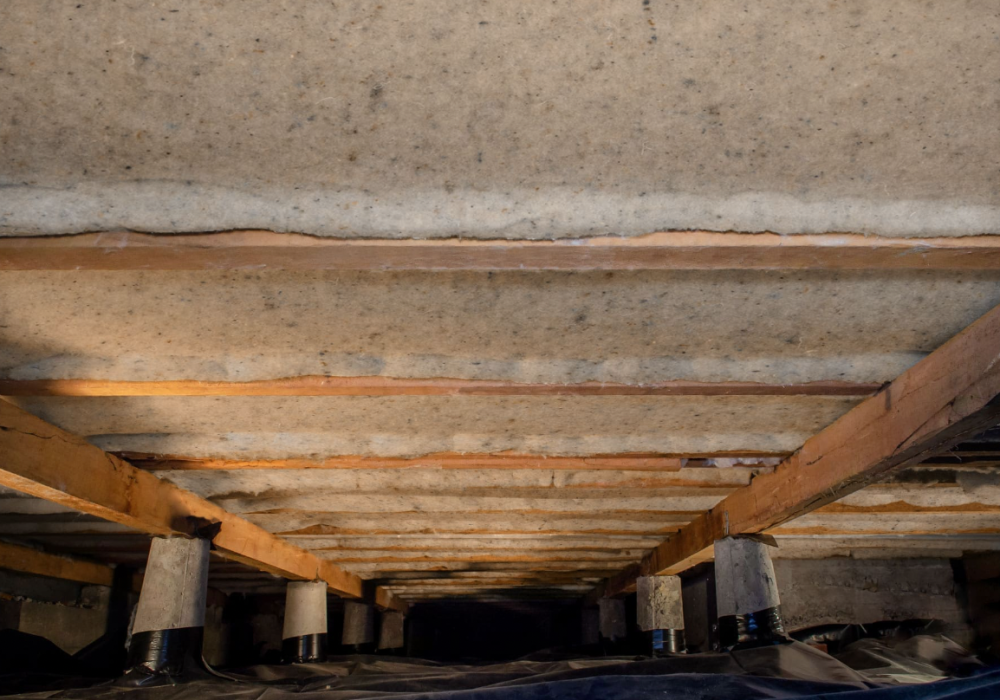

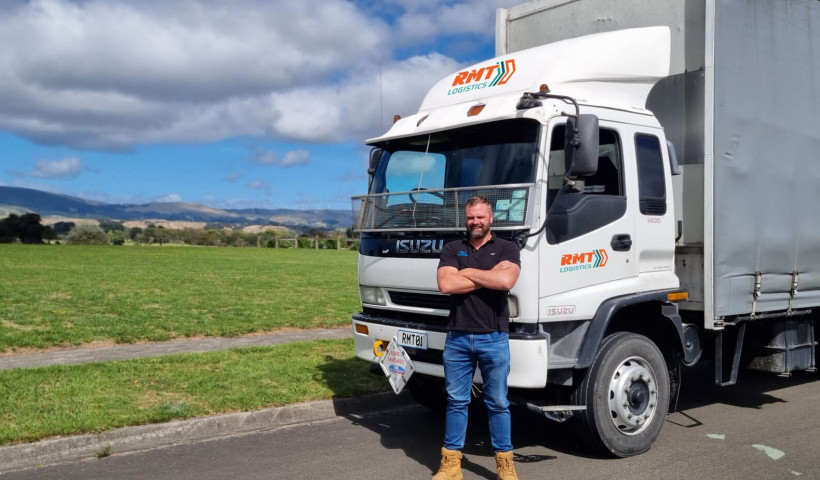
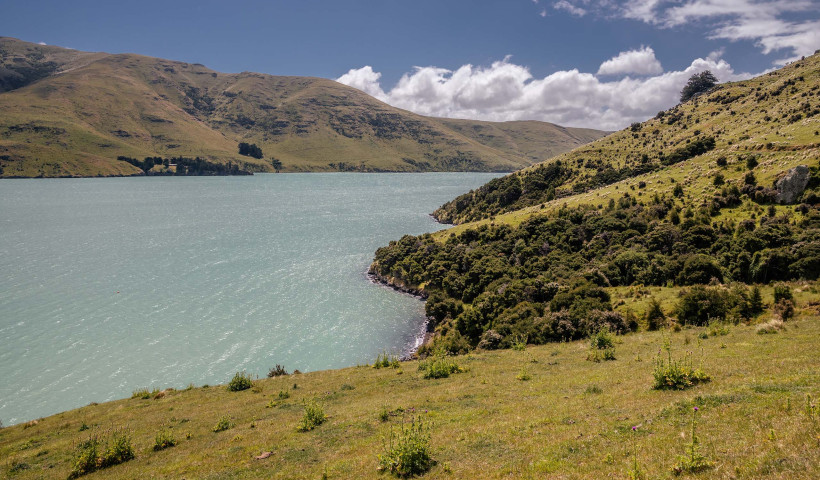
 Popular Products from Terra Lana
Popular Products from Terra Lana


 Most Popular
Most Popular


 Popular Blog Posts
Popular Blog Posts